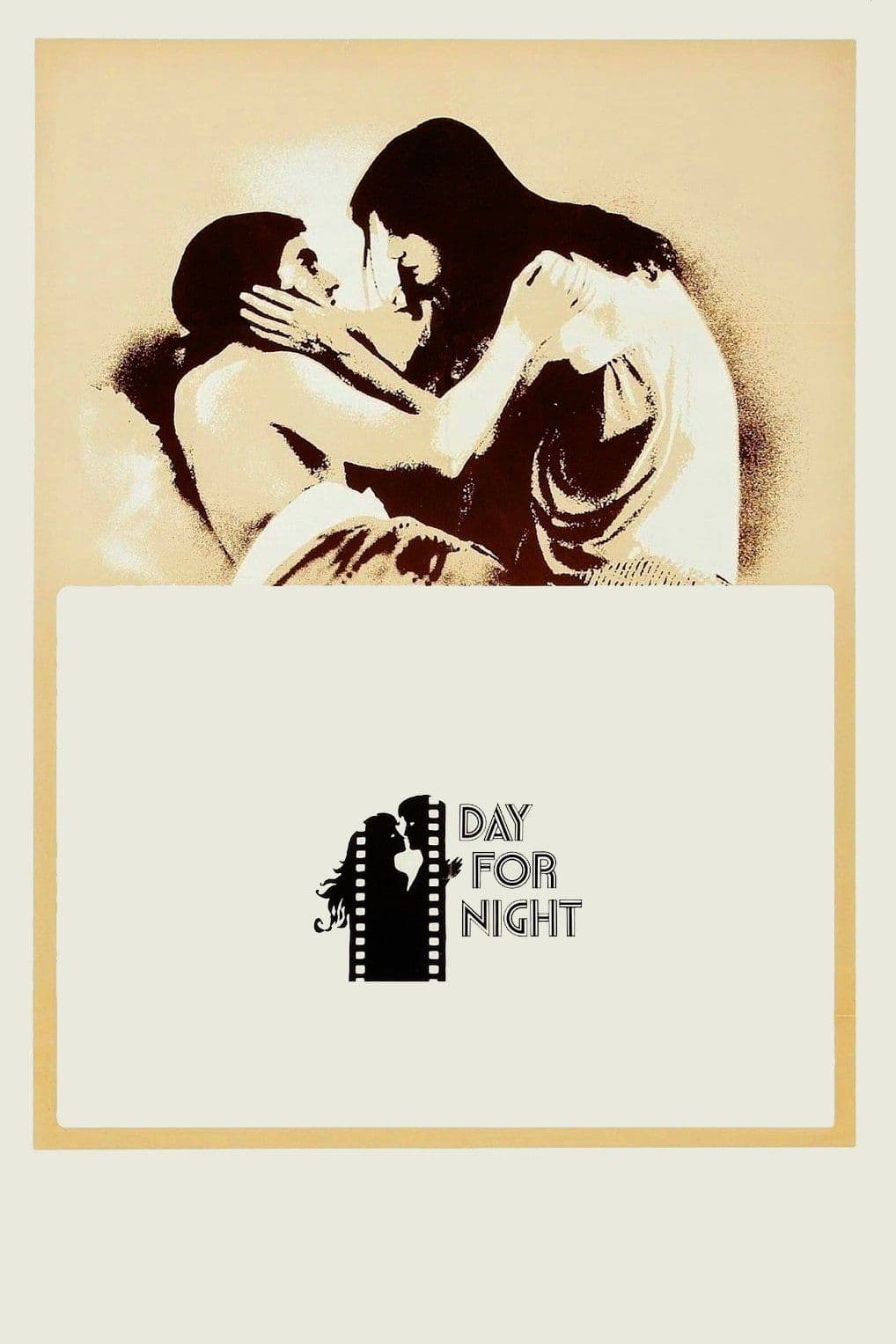
Day for Night
1973
Rate this movie
Average: 5.00 / 5
(1 votes)
Director
Cinema about cinema, a film within a film.
It is with this meta-meaning that one can define the stylistic hallmark of a work dazzling in its intelligence, critical acumen, unconditional love for cinema, psychological exploration of human identities, and the joy and pride in one's work. Far from being a mere exercise in style, "Day for Night" (whose original title, "La Nuit américaine", refers to the cinematic technique of shooting during the day to simulate night, a further, ingenious metaphor for fiction becoming reality) reveals itself to be a profound meditation on the very nature of art and life.
Truffaut speaks of cinema, and he does so in a film directed, written, and performed by himself: an autobiographical account that is moving in its frankness and plethora of details. This is not just an homage to the craft, but an intimate confession from an author who has always lived in symbiosis with the seventh art, ever since his beginnings as an incisive critic for "Cahiers du Cinéma". His presence on screen as Ferrand, the director, is not a narcissistic indulgence, but rather the natural extension of a life dedicated to the camera, an act of total intellectual and emotional transparency. In every shot, at every narrative turn, one senses his deep knowledge of the set, his empathy for the figures who populate it, and above all, his unwavering faith in the redemptive power of storytelling through images.
Set in the film studios of Nice, where an established director named Ferrand is shooting his latest work, "Je vous présente Pamela" (I Introduce You to Pamela), the film drags us behind the scenes of a production. The studio environment is painted with vibrant realism, where papier-mâché walls and fake snow become the stage for human dramas as much as the script itself.
Ferrand will have to contend with the whims of the crew – from the actress who announces an unwanted pregnancy to the neuroses of a fading star, from the existential crisis of the young protagonist to the capriciousness of a cat that refuses to drink milk – with on-set mishaps and with millions of metaphors that will crowd the shooting days and blur reality and footage. The disorder of life, with its often comical, sometimes tragic intrusions, clashes and merges with the rigorous order of fiction, demonstrating how cinema is not an escape from reality, but a re-elaboration of it, a constant attempt to give it form and meaning. Every unforeseen event, every "hitch," becomes material for the narrative, be it that of the film being shot or that of the film we, the viewers, are watching. This narrative layering, which closely resembles Federico Fellini's virtuosity in "8½", albeit with a decidedly warmer and less self-flagellating tone, elevates "Day for Night" to the rank of a meta-cinematic masterpiece.
A special and crucial mention goes to the dream sequence in which the child director steals photographs of "Citizen Kane" from a cinema window. This sequence, fleeting yet immensely rich in meaning, is not a simple dream anecdote, but rather a true artistic and biographical manifesto. It condenses the origin of Truffaut's vocation, his childlike love for the stolen image, his indissoluble bond with the history of cinema, embodied by Orson Welles' masterpiece. It is an archetype of cinephilia, the primordial moment when the magic of the screen takes hold of the soul, transforming a furtive gesture into an initiation rite.
To understand what cinema represents for Truffaut, one only needs to pay attention to what the director says to Alphonse (Jean-Pierre Léaud, the director's historical alter ego, here in one of his most vulnerable performances) after he begins to show signs of faltering after being left by his partner: "Come on, Alphonse, come here. Now go back to your room, reread the script, do a little work, and then try to sleep. Tomorrow we work, and work is more important. Don't be a fool, Alphonse. You're a very good actor, work is going swimmingly. I know, there's private life, but private life limps along for everyone. Films are more harmonious than life, Alphonse, there are no hitches in films, no slowdowns. Films move forward like trains, you understand, like trains in the night. People like me, like you, you know it well, we are made to be happy in our work in cinema."
Indeed, for Truffaut, cinema is precisely this: a sanctuary of artificial harmony, an oasis of order in a chaotic world, the promise of a linear and unstoppable path, "like trains in the night". This evocative and powerful railway metaphor is not merely poetic; it is the quintessence of Truffaut's philosophy. Cinema is a journey without stops, a narrative that cannot and must not be interrupted by the imperfections or tragedies of reality. It is the place where happiness, otherwise elusive, can be captured and reproduced, a balm for existential wounds. For those who, like Truffaut himself and his characters, are intrinsically linked to this art, the set is not just a workplace, but the true hearth, the only space where existence finds complete meaning and authentic joy. This work of his is an act of unconditional love, a declaration of intent that resonates with disarming clarity.
A film revered by critics and industry professionals – Woody Allen's famous declaration of love for this film, which profoundly influenced him in works like "Stardust Memories", is well known – "Day for Night" also managed to win over a wider audience, even winning the Oscar for Best Foreign Language Film in 1974. An essential film for understanding what truly lies behind the Seventh Art, not only its mechanics but its deepest soul, that vital spark that makes cinema a refuge, a profession, a passion and, ultimately, a reason for living.
Gallery
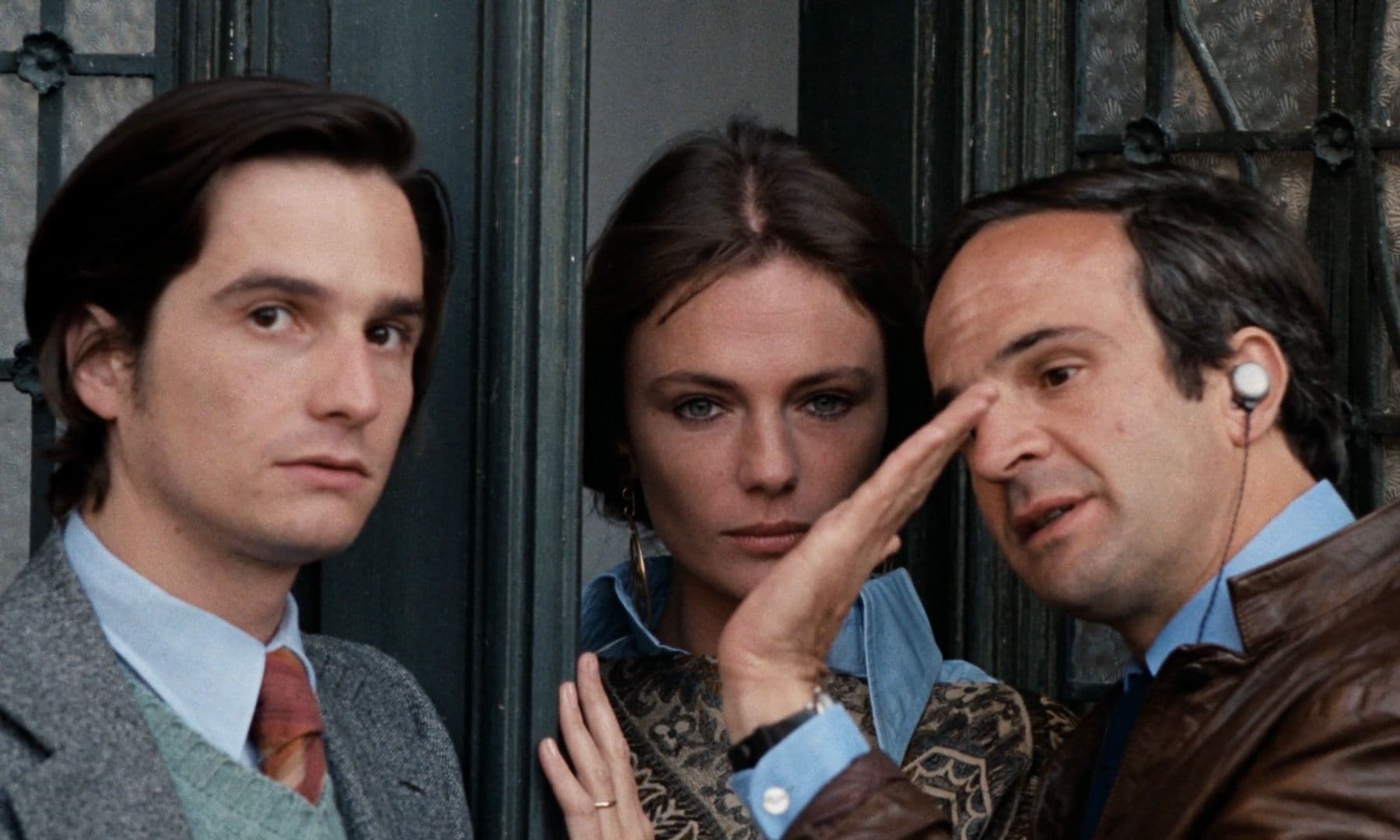
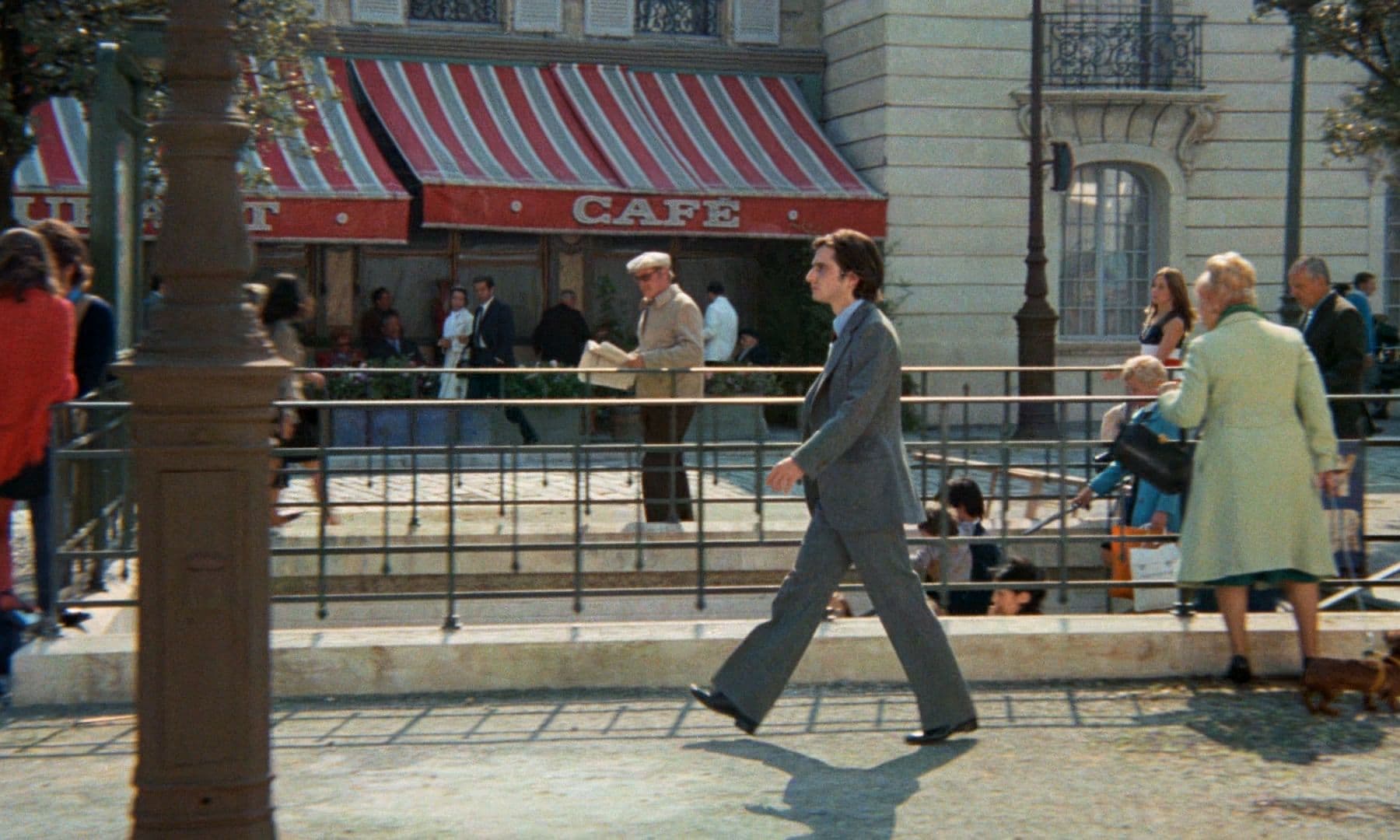
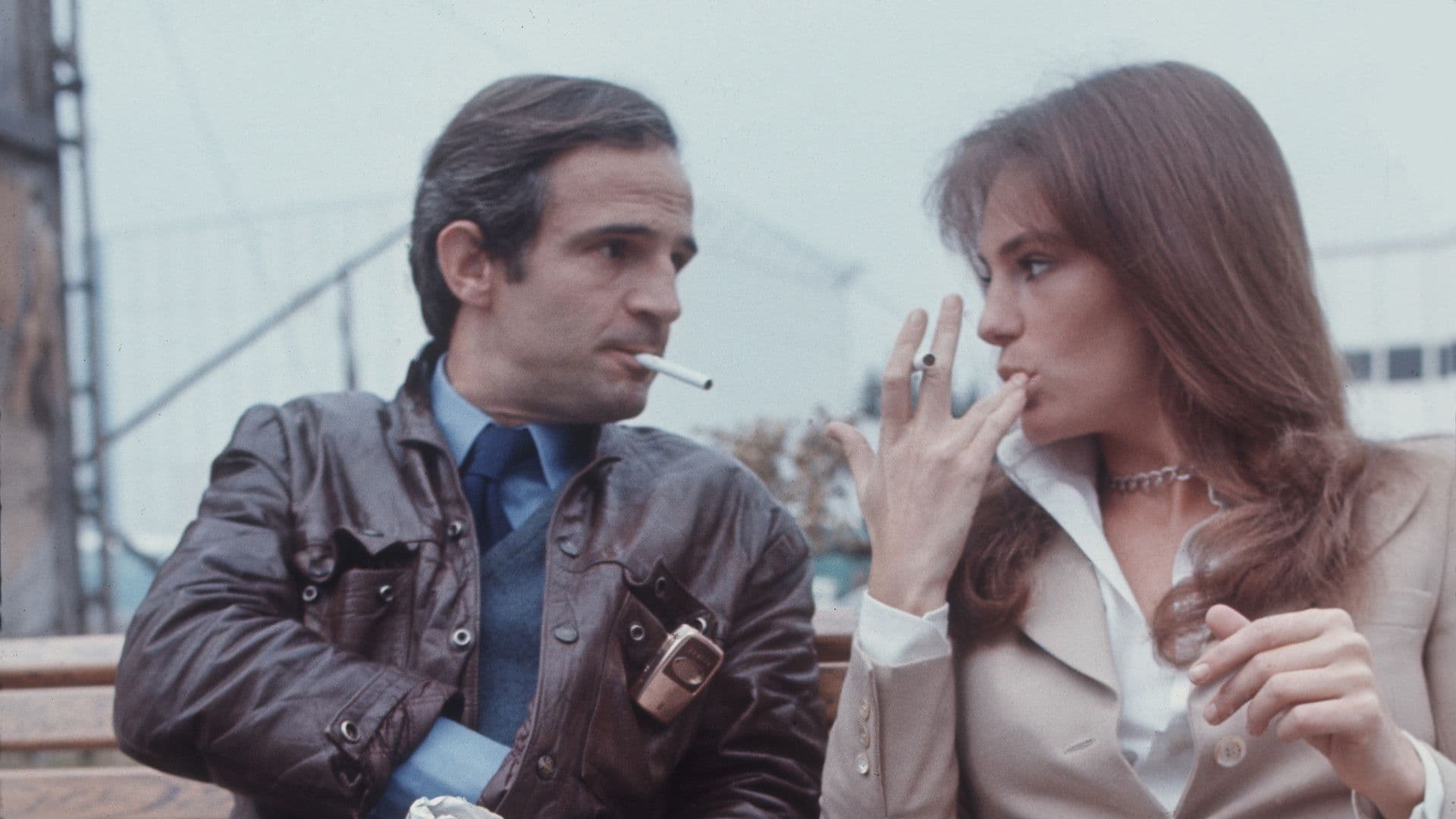
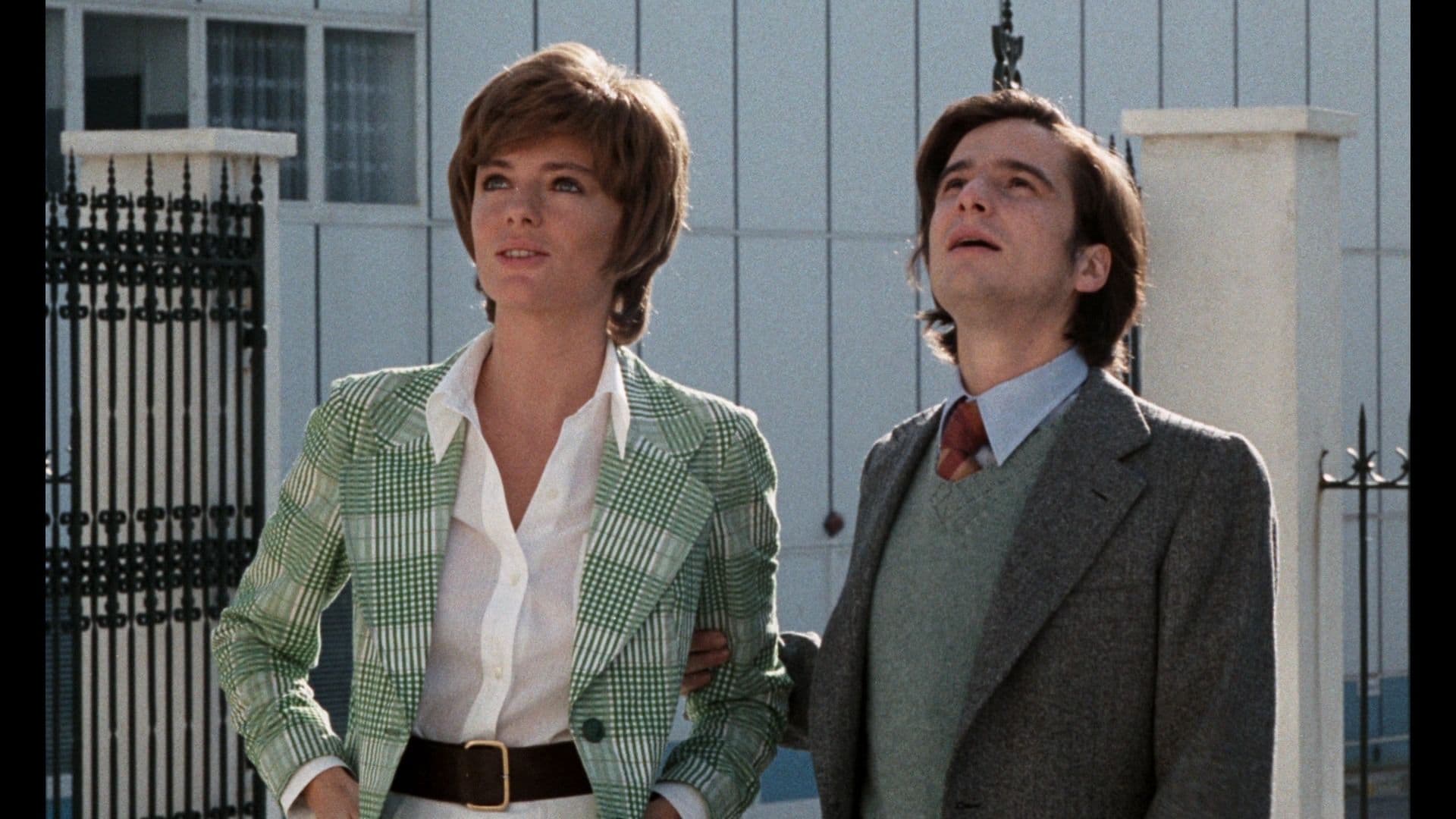
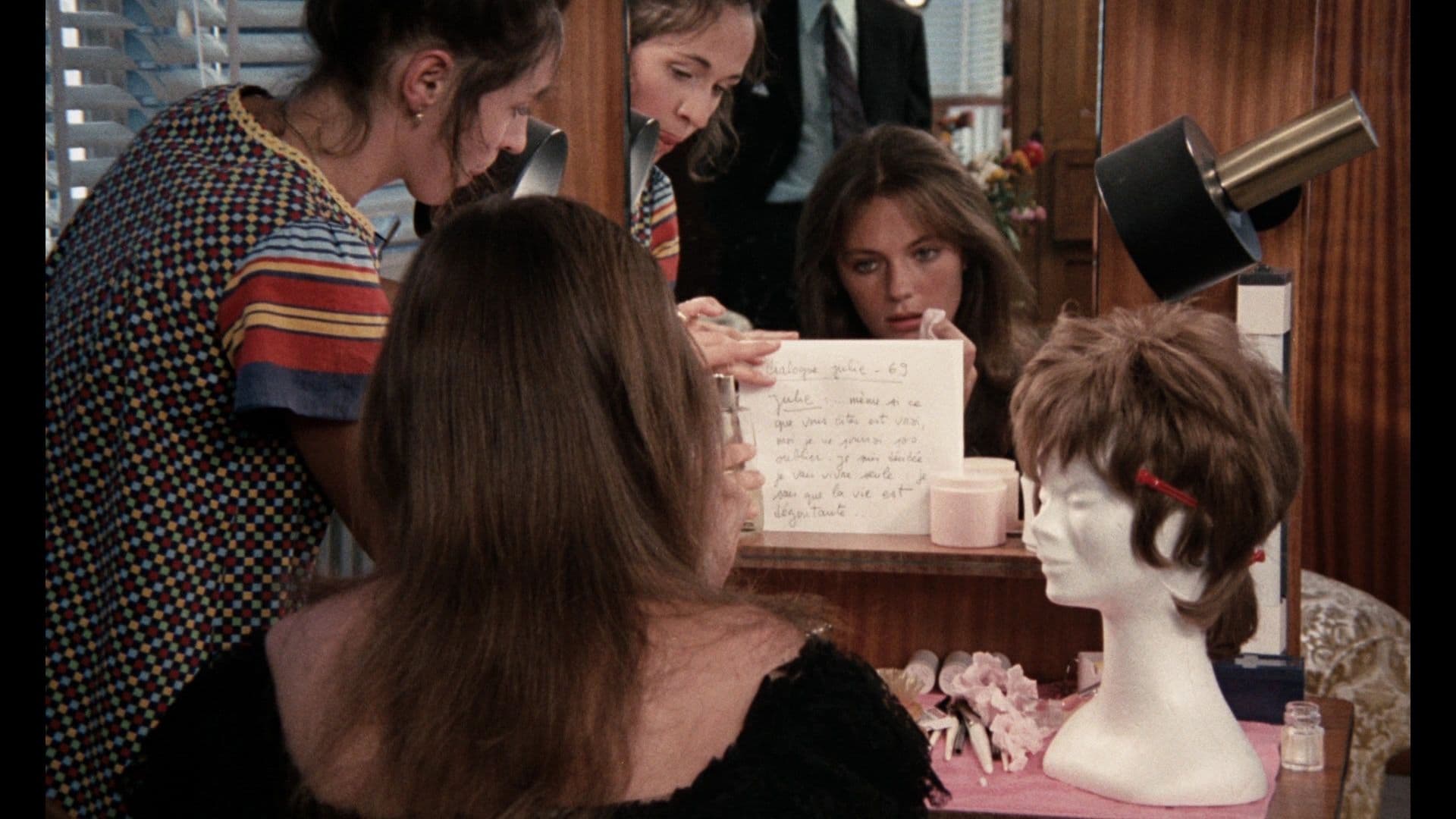
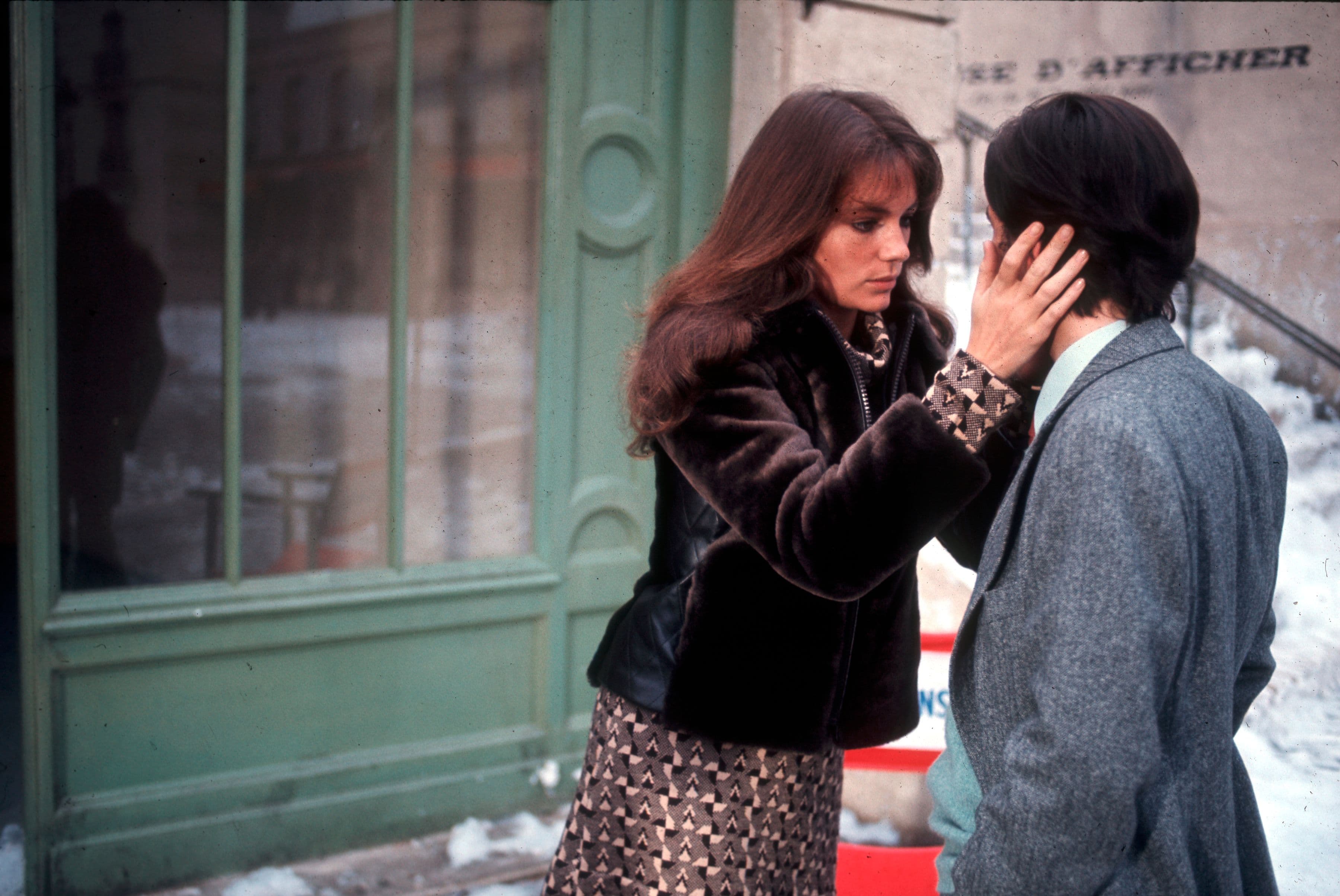
Featured Videos
Official Trailer
Comments
Loading comments...